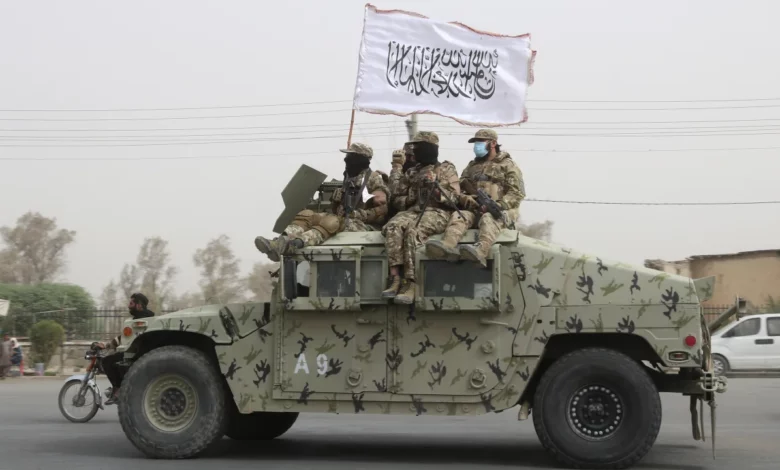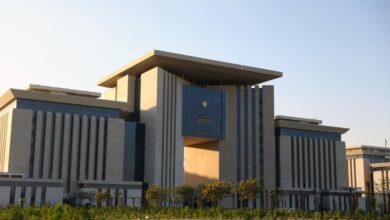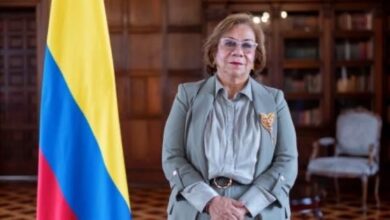
In a reported released Tuesday, the United Nations Assistance Mission in Afghanistan (UNAMA) counted at least 218 extrajudicial killings among more than 800 alleged offenses, including arbitrary arrests and detention, torture and ill-treatment and enforced disappearances.
Former members of the Afghan National Army and police and National Directorate of Security officials were among those most targeted, and the majority of violations took place in the immediate months following the terror group’s takeover on August 15, 2021, the UNAMA said.
“The report presents a sobering picture of the treatment of individuals affiliated with the former government and security forces of Afghanistan since the Taliban takeover of the country,” said UN High Commissioner for Human Rights, Volker Turk. “Even more so, given they were assured that they would be not targeted, it is a betrayal of the people’s trust.”
The Taliban had initially presented itself as a more moderate version of its former self and promised an “amnesty” for adversaries as they swept across the country following the withdrawal of US and NATO troops after two decades of war.
But it has harshly cracked down on citizens instead, targeting women by banning them from university and closing secondary schools for girls. Afghan women are also banned from working at NGOs including the UN and restricted from travel without a male chaperone. They are also banned from public spaces like parks and gyms.
International rights groups and bodies like the UN have accused the Taliban of unwinding progress in protecting human rights since seizing power.
Afghan women who spoke to CNN said that life under Taliban rule was becoming increasingly repressive and brutal, with new rules that require them to remain covered and to only venture out with a male guardian.
‘Whereabouts unknown’
In the report, the UN documented more than 144 instances of torture and ill treatment of former government and security officials,
More than 424 arbitrary arrests and detentions and at least 14 instances of enforced disappearances, including the head of Herat Women’s Prison Alia Azizi, who hasn’t been seen since October 2021, the UN said.
In interviews conducted with UN officials, individuals recounted beatings with pipes, cables, verbal threats and abuse at the hands of Taliban security force members.
Family members had also shared that their relatives had been arrested or gone missing, their bodies found days or even months later, UNAMA added.
“Afghanistan remains a state party to a number of international human rights treaties and conventions which prohibit extrajudicial killings, arbitrary arrests and detentions and torture and ill treatment,” noted UNAMA. “Former government and security officials are entitled to the same human rights protections as all Afghans.”
Turk, UN High Commissioner for Human Rights, called on the Taliban to punish offenders.
“I urge the de facto authorities to carefully consider the findings of this report and to uphold their obligations under international human rights law by preventing further violations and holding perpetrators to account.”
Responding to the UN report, the Taliban-led foreign affairs ministry denied state sanctioned extrajudicial killings or targeting people who fought or worked for the previous establishment.
“No military staff of the previous administration has been arrested, detained or tortured because of his activities in the security institutions,” the group said in a statement published with the UNAMA report.
“In relation to the prohibition of torture, the rights of suspects and detainees, a decree has been issued by His Highness Amir al-Mu’minin, which is enforced throughout the country,” it claimed, using an honorific for the Taliban’s Supreme Leader Hibatullah Akhundzada.
“In case any official or security and defense institutions of the Islamic Emirate has violated the decree of amnesty, the matter will be officially investigated and the perpetrators will be introduced to the judicial authorities for prosecution.”
Taliban officials say they have freed the country from foreign occupying forces.
“Afghans were able to regain their country, freedom, government and will,” Taliban deputy spokesperson Bilal Karimi previously told CNN.
UNAMA Head Roza Otunbayeva called on the Taliban to demonstrate “genuine commitment” to the general amnesty and ensure that it was upheld.
“This is a crucial step in ensuring real prospects for justice, reconciliation and peace in the country,” Otunbayeva said.




